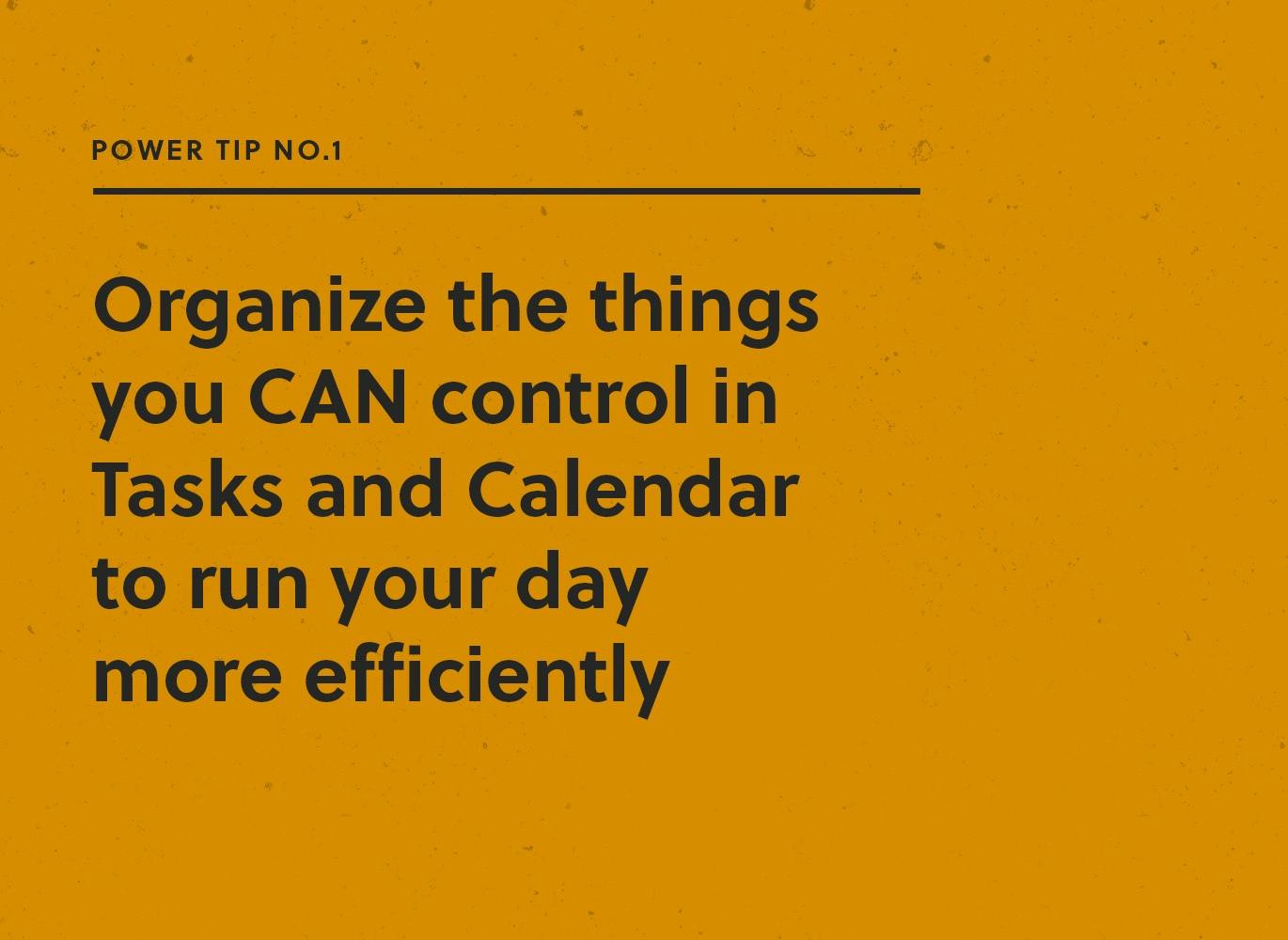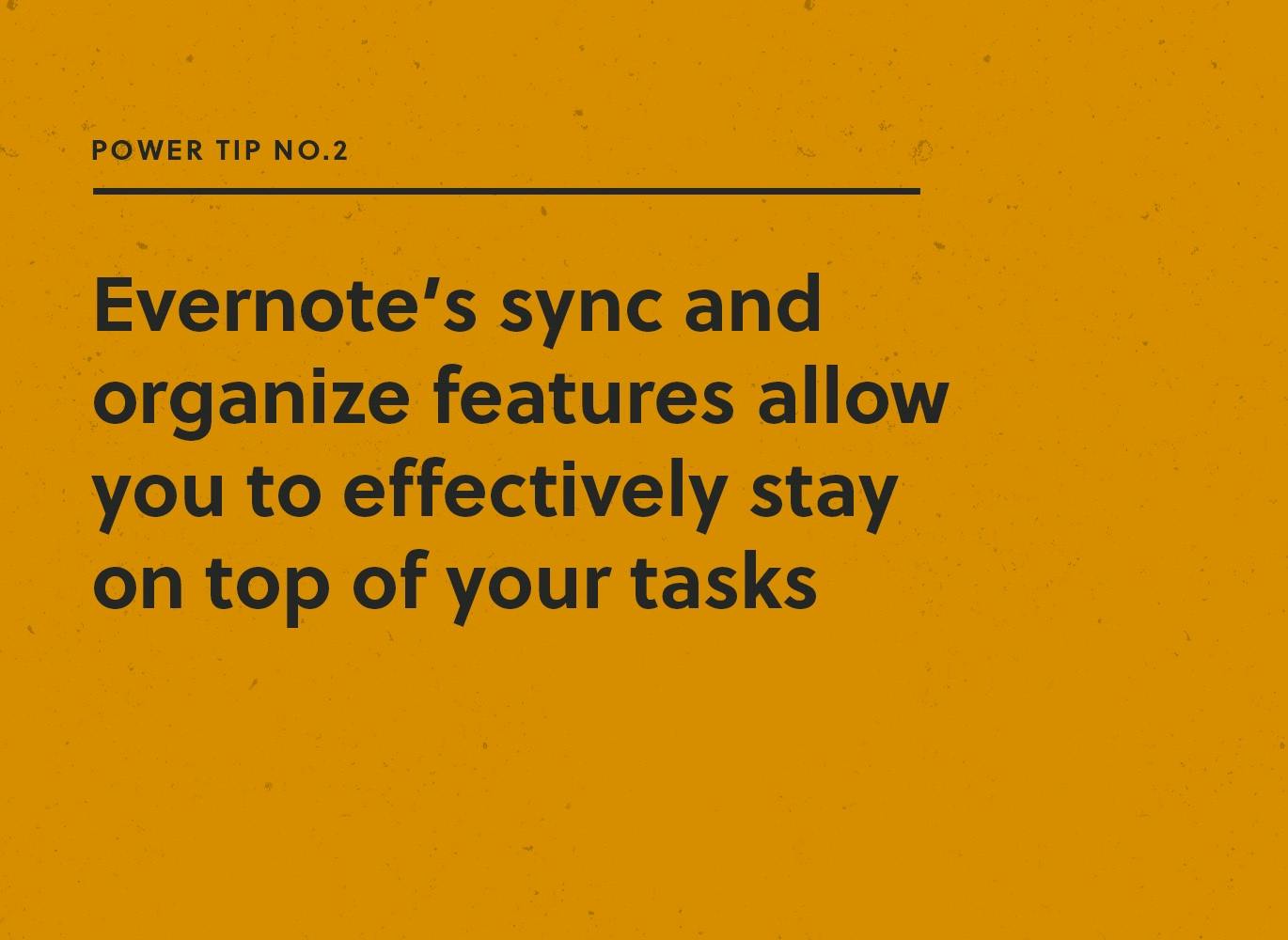Stress is a natural part of life. Sometimes, though, that stress can overcome us, leading to psychological episodes like breakdowns and burnout. The Mayo Clinic defines job burnout as “a special type of work-related stress—a state of physical or emotional exhaustion that also involves a sense of reduced accomplishment and loss of personal identity.”
While burnout is “not classified as a medical condition,” according to the World Health Organization, plenty of research indicates its adverse effects on your overall health and wellbeing. Wherever the root, you must learn how to overcome burnout before it leads to worse symptoms. So how do you know if you’re experiencing work-related burnout? And what can you do to curb it?
Unpacking the cause
Do not ignore the signs of burnout. If left unaddressed, burnout can lead to a litany of worsened conditions, including excessive stress and fatigue; insomnia; sadness, anger, and irritability; heart disease and high blood pressure; Type 2 Diabetes; and more.
To curb burnout, examine the stressors in your life and identify the root causes. Pinpointing a reason is the first step toward ensuring it doesn’t happen again. But what causes burnout, especially when it comes to work-related stress? Here are some key indicators to look out for:
- A general lack of control in your life
- Unclear job expectations
- Dysfunctional workplace dynamics
- Extremes of activity
- A lack of social support
Let’s dive deeper into each of these causes, and see what steps you can take to overcome burnout in the workplace.
Lack of control
When you feel like you can’t influence the decisions affecting your job—including your schedule, workload, and assignments—you may feel a lack of control. ‘Control’ (and its lack) comes in many forms in the workplace; however, a lack of control over your day-to-day tasks, workplace relationships, or career future, in particular, can foment the sort of stress that builds long-term burnout. An eye-opening study from Indiana University discovered that those with high-stress jobs who felt a lack of control were more unhealthy and had shorter life expectancies. So what can you do about it?
Instead of focusing on the things you can’t control, take advantage of the things you can. If you can do something about it, take steps in that direction. If you can’t, accept it for what it is and refocus on the things within your domain.

Power tip: Organize the things you can control in Tasks and Calendar to run your day more efficiently. Input your workload into Tasks, and sync this to your calendar to manage your workflow. This will provide a bird’s eye view of your work week and month, and you’ll soon see the problem areas and manage them more effectively.
Unclear job expectations
People like direction. So when it’s unclear what your job and authority figures expect, you may feel like the wheels are spinning out underneath. Without clear expectations, you won’t know if you’re doing your job correctly, leading to stress—and eventually burnout.
So what can you do when your supervisor doesn’t clearly define your job expectations? Set your own goals and self-expectations instead of waiting for someone else to give you direction. Then, apply those self-critiques to your job, and hold yourself to that standard.
Dysfunctional workplace dynamics
Adults spend a significant percentage of their lives at work. Therefore, workplace dynamics, relationships, and goals become an intrinsic part of their lives. Dysfunction in the workplace directly impacts your life and can be a leading cause of stress and burnout.
Toxicity is contagious. According to one Gallup study, 50% of employees left their jobs because of a toxic boss or manager. Furthermore, toxicity and dysfunction in the workplace increase your risk of clinical depression. So how can you prevent dysfunctional workplace dynamics?
Unfortunately, there’s little you can do to change the toxic traits of others. Instead, focus on how you spend your time around those people. Set limits on how long you, let’s say, spend talking to a serial complainer once they get going. If they’re unwilling to listen to your advice and suggestions, politely excuse yourself from the conversation.
It may also help to take inventory of your daily interactions. Ask yourself: When this person calls or texts me, do I get nervous or excited? Bolster your relationships with the latter, while limiting your time with the former.
Extremes of activity
Relentless workloads can push you towards burnout, ultimately affecting your performance and wellbeing in and outside the office. On the other hand, monotonous work can also cause burnout, as repetitive and unfulfilling tasks lead to cynicism and disengagement.
Taking steps in your life to improve your overall mental health and wellbeing will help you overcome burnout, no matter what extreme you find yourself on. Regular exercise, eating nutritious meals, and good sleep habits are three key areas well within your control. Remember, focusing on the things you can control is critical in preventing burnout. It may be a crazy month at work, or it may be a slow one. Both extremes are out of your control, and dwelling on them can lead to burnout.

Power tip: Evernote’s sync and organize functionalities allow you to effectively stay on top of your tasks and deadlines. When used in collaboration with Tasks and Calendar, you can manage your day more efficiently and feel more empowered.
Lack of social support
Several studies consider social support an essential factor in maintaining physical and mental health. A weak social support network can have harmful consequences, while isolation at work and in your personal life are among the leading causes of burnout. When you lack psychological and social support, you’re more likely to withdraw—to disengage—from work. You’re more likely run into to conflict with others, and physical symptoms like headaches and fatigue become all too common. Meanwhile, emotional symptoms like anxiety and depression compound when you don’t take action. Take the necessary steps to bolster your social support network. Don’t be afraid to seek professional help from a therapist. Meanwhile, take time to relax and get away from work. Don’t let work-related stressors prevent you from spending time with friends and family.
What can you do?
Stressors constantly surround us, but focusing on proactivity and maintaining healthy lifestyles is the best solution to burnout. Thankfully, you can take plenty of actionable steps to prevent and overcome burnout.
- Take breaks: According to Ron Friedman, the author of “The Best Place to Work: The Art and Science of Creating an Extraordinary Workplace,” you must find regular “opportunities for restocking your mental energy.” In plain terms—take a break.
- Know the signs: Understanding the signs of burnout is the first step to curing and preventing it. If you’re feeling forgetful, cynical, and fatigued, you may be experiencing burnout.
- Maintain a healthy lifestyle: Regular exercise, proper sleep, and a balanced diet are three key ways to overcome burnout. Their opposites only make the symptoms worse.
Burnout can strike anyone—be aware, and take care of yourself
You can take all the steps in the world to prevent burnout but, chances are it’ll happen eventually. Understanding how to overcome and recover from burnout is just as important as knowing how to try to avoid it. Remember to focus on the things you can control, rather than the things you can’t. Bolster healthy relationships in and outside of work, while limiting your time with toxic people. Don’t be afraid to ask for help or direction, and seek professional help when stress becomes too burdensome.
